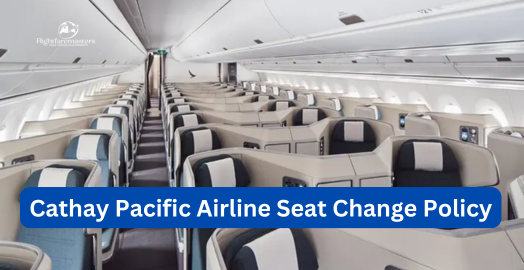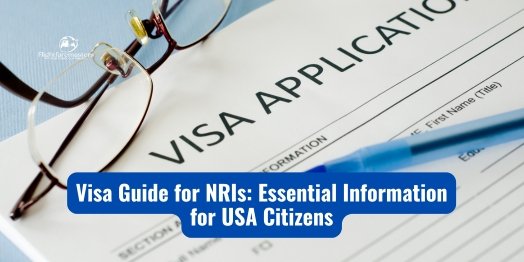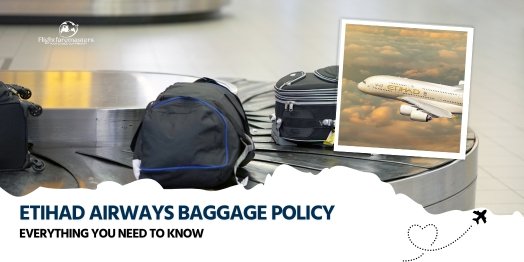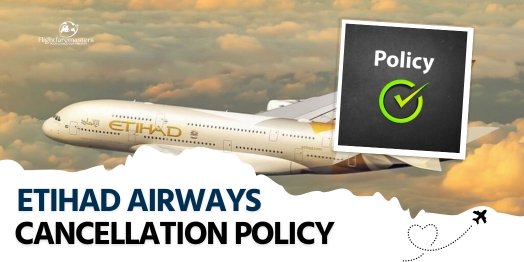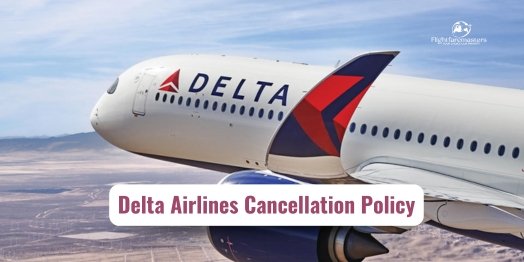Unveiling the Hidden Truths: What Airline Companies Don’t Want Passengers to Know
In the world of air travel, there exists a veil of secrecy surrounding certain practices and policies of airline companies. While passengers may be familiar with the basics of ticketing, boarding, and in-flight services, there are several secrets that airline companies prefer to keep hidden from the public eye. Let’s delve into some of these lesser-known truths:
1) Overbooking Tactics:
One of the well-kept secrets of airlines is their practice of overbooking flights. Airlines often sell more tickets than there are available seats on a flight, banking on the assumption that some passengers will not show up. While this allows airlines to maximize revenue, it can lead to inconvenience and frustration for passengers who are involuntarily bumped from their flights.
2) Hidden Fees:
Despite advertised ticket prices, passengers may be surprised by the plethora of hidden fees associated with air travel. From baggage fees and seat selection charges to in-flight Wi-Fi and meal costs, these additional fees can significantly inflate the total cost of a flight. Airlines often downplay or obscure these fees during the booking process, leaving passengers feeling deceived.
3) Cabin Air Quality:
Another secret that airlines may not openly discuss is the quality of cabin air. Recycled air within the cabin can become stale and potentially contaminated with germs, leading to discomfort and increased risk of illness for passengers. While modern aircraft are equipped with air filtration systems, concerns remain about the adequacy of these systems in preventing the spread of airborne pathogens.
4) Maintenance Practices:
While safety is paramount in air travel, some airlines may cut corners when it comes to aircraft maintenance to reduce costs and maximize profits. This can involve deferring maintenance tasks, using substandard replacement parts, or outsourcing maintenance to third-party providers with questionable reputations. Passengers are generally unaware of these behind-the-scenes practices and trust that airlines prioritize safety above all else.
5) Security Vulnerabilities:
Despite stringent security measures in place at airports, airline companies may grapple with internal security vulnerabilities that compromise passenger safety. Instances of unauthorized access to aircraft, lax screening protocols for airport staff, and cybersecurity threats pose significant risks that airlines may not publicly acknowledge for fear of damaging their reputation.
In conclusion, while air travel offers unparalleled convenience and connectivity, it is not without its secrets. From overbooking tactics and hidden fees to concerns about cabin air quality and maintenance practices, there are aspects of airline operations that passengers may not be fully aware of. By shedding light on these hidden truths, passengers can make more informed decisions and advocate for greater transparency and accountability within the aviation industry.


